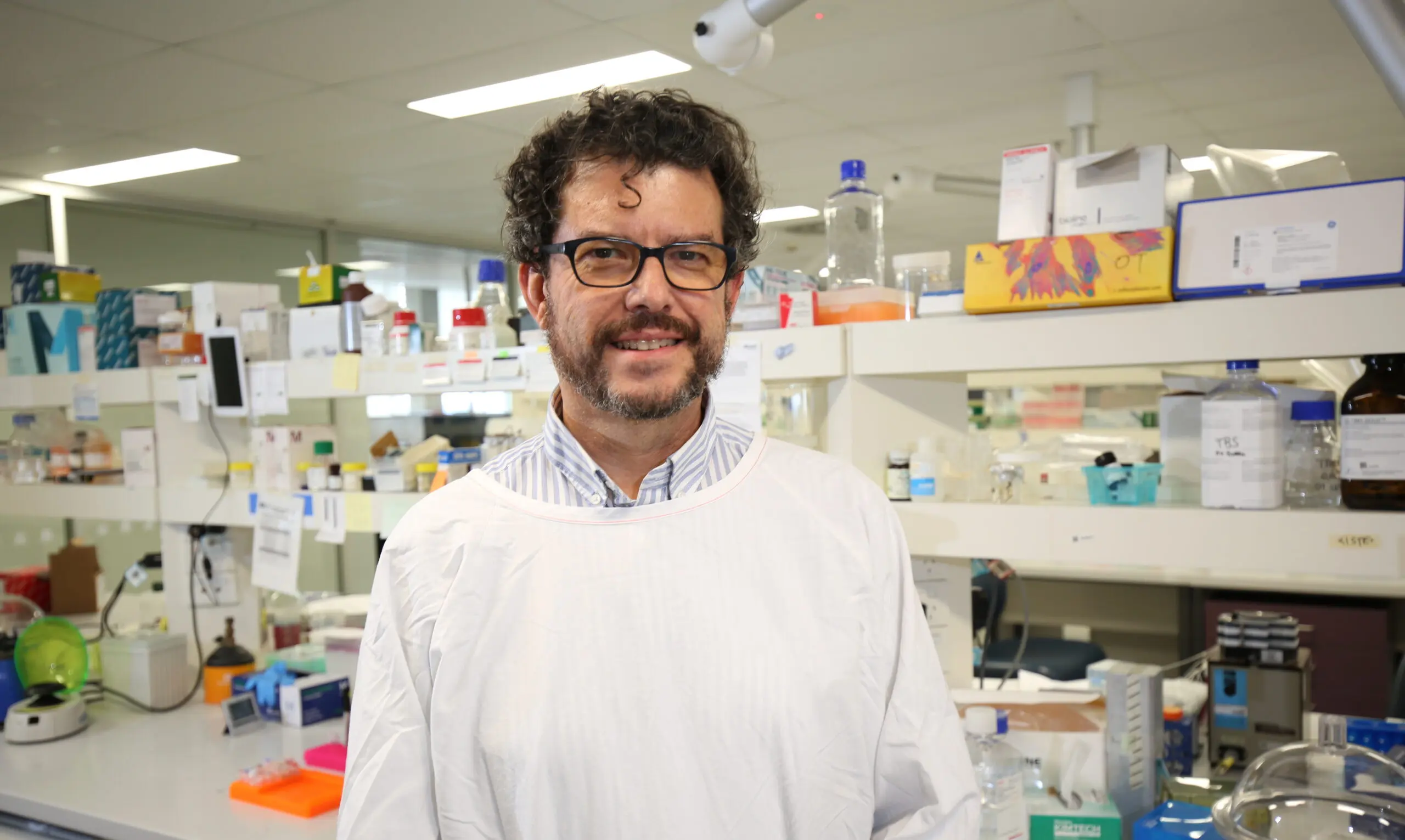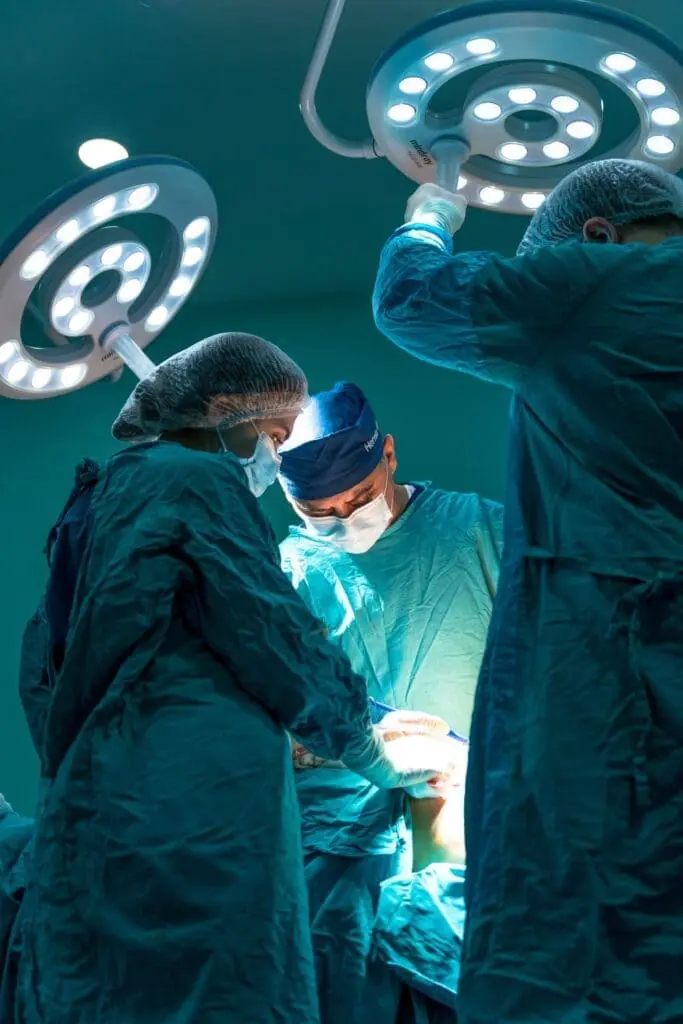
It is estimated that about 40,000 Australians are affected by Meniere’s disease (MD), a debilitating disorder of the inner ear that causes vertigo, tinnitus, dizziness, nausea, hearing loss and balance problems.
The cause of MD is not well understood however, world leading MD expert Professor Jose Antonio Lopez-Escamez (Antonio) recently relocated from Spain and joined the Kolling Institute within the Northern Sydney Local Health District. In establishing the Meniere’s Disease Neuroscience Laboratory, he will launch a new international research program into the disease.
Antonio is ranked in the Stanford World Top 2% Scientists in 2021-22 and published >170 papers in top scientific journals in several categories including audiology, genetics and heredity, medicine, clinical and experimental and otorhinolaryngology.
His work during the last 10 years has re-defined the condition (2015 MD diagnostic criteria), identified five clinical variants, including autoimmune and familial MD, discovered the main genes involved in familial MD in European descendant population (OTOG, MYO7A, TECTA), and re-classified MD clinical variants, according to cytokine profile and genetic data, leading to a better understanding of the genetic contribution and inflammatory process in MD.
Besides, his collaborative work in several European Consortia (TINNET, ESIT, TIGER, UNITI), has also led to seminal contributions in the tinnitus heritability and the discovery of several genes in patients with severe tinnitus (ANK2, TSC2), raising a new hypothesis to explain the onset of the condition.
As a leader in genetics of MD and tinnitus, he has extended his body of work in Europe and developed breakthroughs into this complex disease by using stem cells to investigate inflammation linked to MD. With his interdisciplinary team at the Kolling Institute, the aim of the research is to provide a better understanding of the molecular mechanisms of the disease, including genetic factors contributing to severe tinnitus.
If you would like to find out more about research into MD and tinnitus, please click here.
